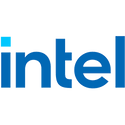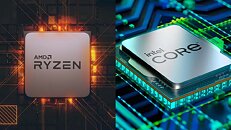
Export Regulations Hinder China's Plans for Custom Arm-Based Processors
The United States has recently imposed several sanctions on technology exports to China. These sanctions are designed to restrict the transfer of specific technologies and sensitive information to Chinese entities, particularly those with ties to the Chinese military or government. The primary motivation behind these sanctions is to protect American national security interests, as well as to protect American companies from unfair competition. According to Financial Times, we have information that Chinese tech Giant, Alibaba, can not access Arm licenses for Neoverse V1 technology. Generally, the technology group where Neoverse V-series falls in is called Wassenaar -- multilateral export control regime (MECR) with 42 participating states. This agreement prohibits the sale of technology that could be used for military purposes.
The US argues that Arm's Neoverse V1 IP is not only a product from UK's Arm but a design made in the US as well, meaning that it is a US technology. Since Alibaba's T-Head group responsible for designing processors that go into Alibaba's cloud services can not use Neoverse V1, it has to look for alternative solutions. The Neoverse V1 and V2 can not be sold in China, while Neoverse N1 and N2 can. Alibaba's T-Head engineer argued, "We feel that the western world sees us as second-class people. They won't sell good products to us even if we have money."
The US argues that Arm's Neoverse V1 IP is not only a product from UK's Arm but a design made in the US as well, meaning that it is a US technology. Since Alibaba's T-Head group responsible for designing processors that go into Alibaba's cloud services can not use Neoverse V1, it has to look for alternative solutions. The Neoverse V1 and V2 can not be sold in China, while Neoverse N1 and N2 can. Alibaba's T-Head engineer argued, "We feel that the western world sees us as second-class people. They won't sell good products to us even if we have money."







































